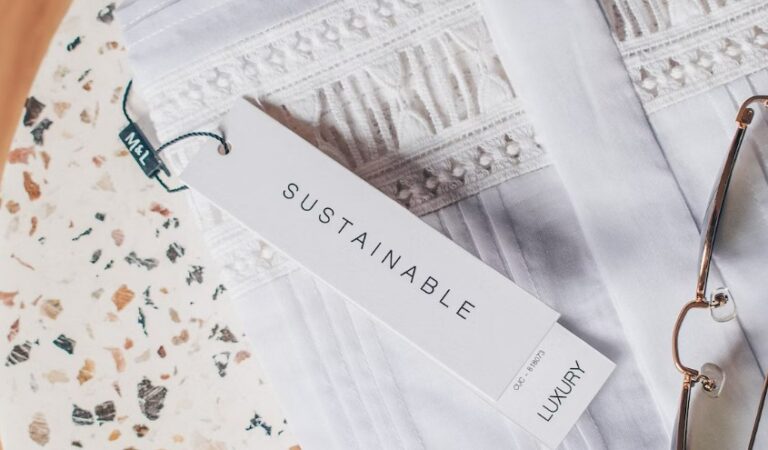The EU Commission announced in recent days the introduction of new, stricter rules to detect those who make false claims about product sustainability. The goal is to establish uniform standards at the European level to avoid the proliferation of public and private environmental labels that create more confusion than anything else among consumers. In addition, the proposed Green Claims Directive also provides more detail on the use of carbon offsets in order to combat greenwashing on labels.
Table of Contents
Green Claims Directive: benefits for sustainable businesses
The new rules introduced by the EU Commission on environmental claims, dubbed “Green Claims,” will not only protect consumers from buying products with false environmental claims. But, also businesses that are actively working to improve the sustainability of their products.
In fact, the proposal will help create a level playing field for all businesses by ensuring that information about the environmental performance of products is transparent and reliable.
In this way, sustainable companies will be easily recognized and rewarded by consumers, which could result in increased sales and the creation of a fairer and more transparent market.
The lack of common standards for environmental self-declarations
A 2020 study by the EU Commission found that more than half of the environmental claims examined in the EU were vague, misleading or unfounded.
While 40 percent were completely unfounded. This situation is the result of the lack of common EU-wide standards for companies’ environmental self-declarations. Which paves the way for greenwashing and creates an uneven playing field in the EU market, to the detriment of truly sustainable companies
What the Green Claims Directive provides for
The proposal on Green Claims stipulates that companies that choose to provide an “environmental self-declaration” on their products and services must follow minimum rules regarding methods to support and disclose such statements.
The proposal refers only to explicit environmental claims. Such as “T-shirt made from recycled plastic bottles,” “carbon offset delivery,” “30% recycled plastic packaging,” or “ocean-friendly sunscreen.”
It also aims to counter the proliferation of public and private environmental labels. And, to regulate all voluntary self-declarations regarding the environmental impacts, aspects or performance of a product, service or operator itself.
However, claims governed by EU standards, such as the EU Ecolabel or organic food logo, are the exception. This is because existing legislation already ensures their reliability. Future EU regulatory rules will exclude declarations already regulated for the same reason.
According to the proposal, “environmental self-declarations” must be independently verified and supported by scientific evidence before companies can communicate them to consumers. In the scientific analysis process, companies will have to identify the relevant environmental impacts of their products. And, the possible trade-offs between them in order to provide a complete and accurate picture.
Read also: Greenwashing, the most famous and eclatant cases of the past years
Rules for reporting environmental self-declarations
The proposal requires that environmental self-declarations be clearly communicated through the application of several standards.
Self-declarations or labels using the aggregate score of the product’s overall environmental impact will be prohibited. Unless they comply with EU standards. In addition, comparisons between products or organizations must be based on equivalent information and data.
The proposal includes regulation of environmental labels, currently more than 230, which cause confusion and distrust among consumers.
New public labeling schemes will undergo a ban unless they are developed at the EU level. While new private schemes will have to demonstrate more ambitious environmental goals than existing ones and obtain prior approval.
Detailed rules will govern the reliability, transparency, independent verification and periodic review of environmental labels.
Read also: Corporate sustainability: 6 environmental certifications useful for a company’s success












